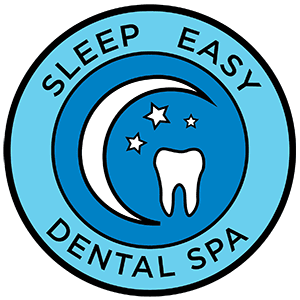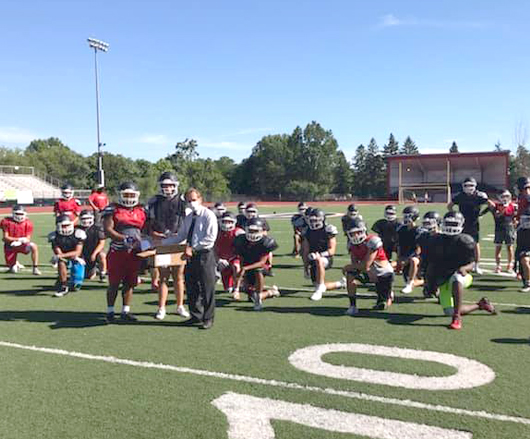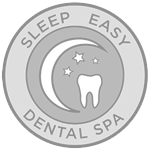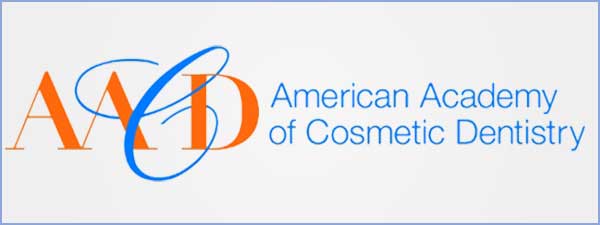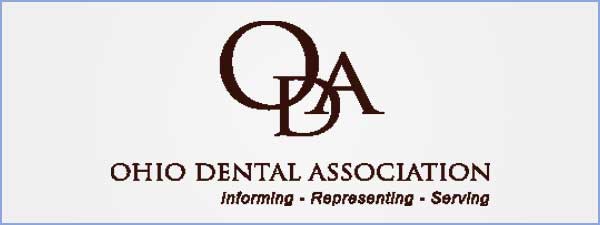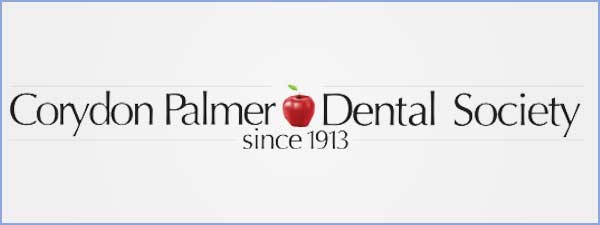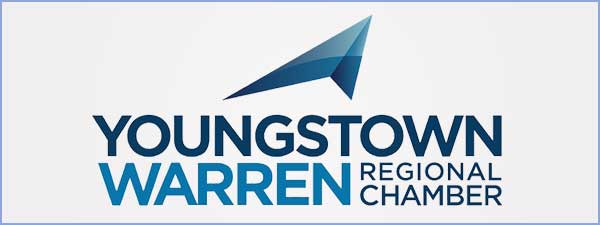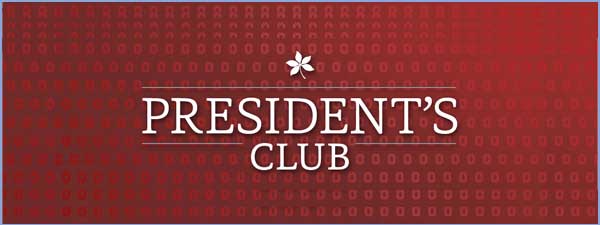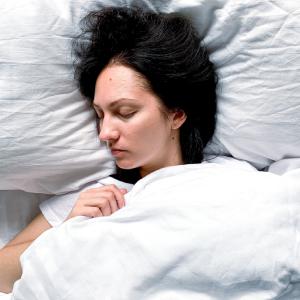
Struggling with CPAP discomfort? You're not alone. While CPAP therapy is a common treatment for sleep apnea, many patients in Hubbard find it difficult to tolerate. Fortunately, several alternative sleep apnea treatments without CPAP are just as effective and more comfortable. From oral appliances to advanced breathing devices, discover options that can help you breathe better and sleep soundly—without the hassle of a mask or machine.
In our previous blog, we discussed the reasons why a customized oral airway is required. In this blog, we will address alternative sleep apnea treatments available in Hubbard for those who cannot tolerate CPAP therapy, highlighting comfortable and effective solutions to restore restful sleep.
Understanding Sleep Apnea and Its Impact
Sleep apnea is a serious sleep disorder affecting millions of Americans. Characterized by interrupted breathing and loud snoring, it not only disrupts sleep but also increases health risks such as heart disease and diabetes. While CPAP (Continuous Positive Airway Pressure) therapy sleep apnea treatment in Hubbard remains the standard treatment, many patients find it uncomfortable. Fortunately, with advanced dental sleep treatment, we offer alternative, patient-friendly solutions.
CPAP Alternatives for Sleep Apnea Treatment
For those with moderate to severe sleep apnea, CPAP is often the first recommendation. However, individuals who struggle with CPAP intolerance have other viable treatment options.
1. Bilevel Positive Airway Pressure (BiPAP)
BiPAP machines function similarly to CPAP devices but provide two distinct pressure settings: a higher pressure level during inhalation and a lower pressure during exhalation. This dual-pressure mechanism reduces breathing effort, making it more comfortable for patients with difficulty exhaling against continuous air pressure. BiPAP is often recommended for individuals with more severe cases of sleep apnea or those with concurrent respiratory conditions, such as chronic obstructive pulmonary disease (COPD).
2. Customized Oral Airway Devices
At the advanced dental sleep treatment center, patients can explore customized oral airways in Hubbard solutions designed to reposition the lower jaw and tongue to prevent airway collapse. These devices, often referred to as mandibular advancement devices (MADs), are custom-fitted to each patient for optimal comfort and effectiveness. Unlike CPAP machines, which require electricity and maintenance, oral appliances are compact, easy to use, and suitable for travel. They are an excellent option for individuals with mild to moderate sleep apnea who seek a non-invasive, discreet treatment approach.
3. Expiratory Positive Airway Pressure (EPAP)
EPAP devices use small, disposable valves placed over the nostrils to create resistance during exhalation. This resistance helps maintain airway openness without requiring an external power source or continuous airflow. EPAP is a lightweight and travel-friendly alternative for those who find traditional CPAP or BiPAP machines cumbersome. Many patients prefer EPAP due to its simplicity and lack of masks or hoses, which can sometimes be uncomfortable during sleep.
4. Breathing Machines for Snoring
For those dealing with chronic snoring and sleep apnea, breathing machines for snoring in Hubbard provide a reliable solution by ensuring consistent airflow and reducing nighttime disruptions. These devices work by delivering controlled airflow to prevent airway obstruction and promote uninterrupted breathing patterns. Unlike CPAP, breathing machines designed for snoring are often smaller, quieter, and easier to use, making them a practical choice for individuals looking to minimize sleep disturbances without the bulk of traditional CPAP setups.
Natural Remedies to Improve Sleep Apnea Symptoms
While medical treatments are effective, incorporating natural remedies can enhance results. Here are a few lifestyle modifications to help manage sleep apnea:
- Change Your Sleeping Position – Sleeping on your side instead of your back prevents airway obstruction caused by tongue and soft tissue collapse.
- Maintain a Healthy Weight – Reducing excess weight can significantly improve airflow and breathing during sleep.
- Avoid Alcohol Before Bedtime – Alcohol relaxes the throat muscles, increasing the risk of airway obstruction. Limiting alcohol consumption 2-3 hours before bedtime can help prevent apnea episodes.
Conclusion
If you are struggling with sleep apnea, don’t wait to seek the right care. Ignoring the symptoms can lead to long-term health consequences such as fatigue, heart disease, and cognitive issues. At the advanced dental sleep treatment center in Hubbard, Dr. Charles R. Verbanic and his experienced team are dedicated to helping patients reclaim their sleep through non-invasive, effective alternatives to CPAP. Whether you're interested in customized oral airway devices or other comfortable treatment solutions, we take a personalized approach to ensure your needs are met.
Call us today at (330) 752-6226 to schedule your consultation and discover how you can enjoy a peaceful, healthier night’s sleep with expert Sleep Apnea Treatment. Your path to better sleep and better health starts here.
